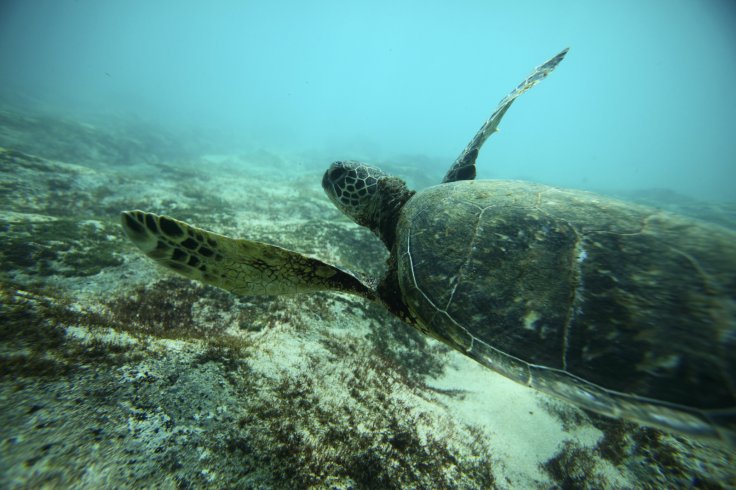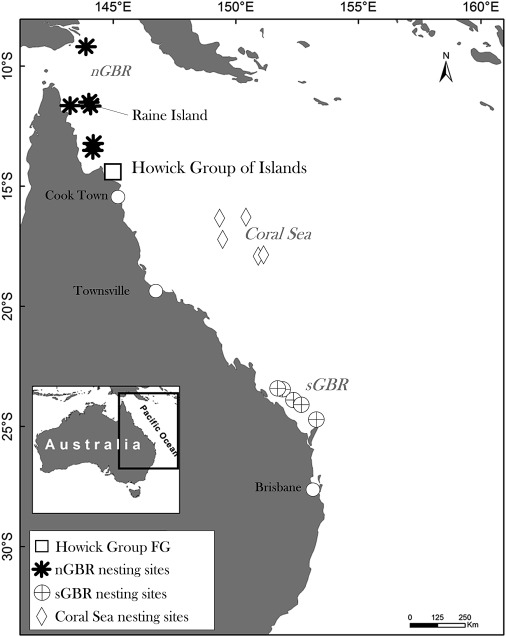
Climate change has been affecting different species and ecosystems around the globe. The effects of global warming are seen mostly in species with temperature-dependent sex determination and the green sea turtle from the Great Barrier Reef is one of them.
The development of sex in most mammals is determined by chromosomes. In case of reptiles, the incubation temperature for the egg matters more. Females are born in warmer temperatures whereas males are born in cooler temperatures.
According to scientists, the temperature of the water should be stagnant at 29.3 degrees Celsius (84.74 degrees Fahrenheit) to give birth to the exact number of females and males. The case is similar for green sea turtles as well.
However, Australia's Great Barrier Reef is facing disastrous consequences due to severe climate change which is proving harmful to the 200,000 green sea turtles residing in the reef. This family of turtles happens to have one of the world's largest populations. Due to the rise in global temperatures, scientists claim that the young population of green sea turtles is turning all female.
Also read: Vegetarian crocodile: It happens only in India!
The paper published in Current Biology states that a difference of few degrees can produce 100 percent male or female population. Thus, the rise in temperature by only a few degrees is of utmost concern for scientists.

There are two different populations of green sea turtles residing along the Great Barrier Reef. The beaches, situated in the north and having warmer climates, shelters 99.1 percent of juvenile turtles, 99.8 percent of sub-adults, and 86.8 percent of female adults.
Towards the south, since the temperature is cold, there is 65 percent to 69 percent female population. The research is of utmost importance as lack of males in future can be fatal for the sustenance of the green sea turtle species.
The paper's lead author and NOAA marine biologist, Michael Jensen said that the study provides a new insight into the hurdles faced by these marine creatures.
According to WWF - Australia CEO Dermot O'Gorman, the Great Barrier Reef has been facing severe consequences, firstly due to mass coral bleaching and now due to the lack of male population of green sea turtles.
"Finding that there are next to no males among young northern green turtles should ring alarm bells, but all is not lost for this important population," he added.
It seems that just like many other issues such as melting of glaciers and deoxygenation of oceans, this problem can also be solved if climate change is controlled and human beings take active steps at the local level to reduce global warming.









